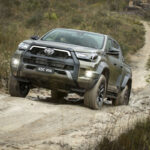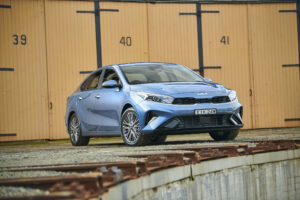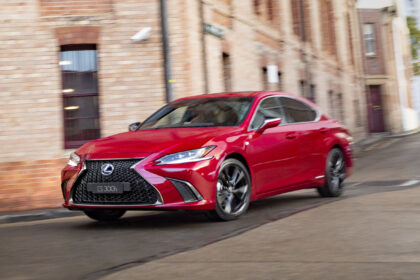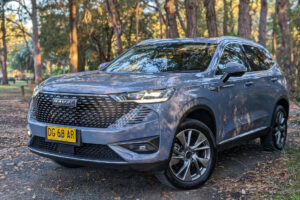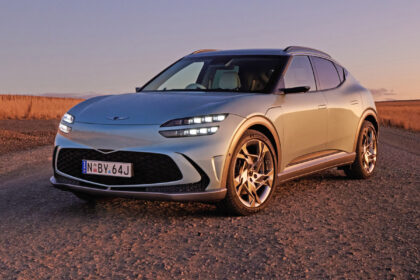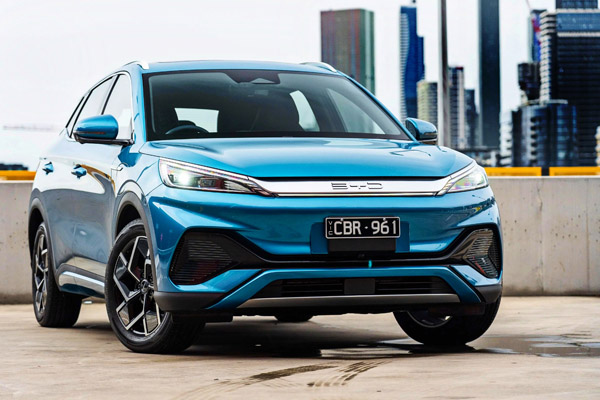
BYD Atto 3
More than one in five cars sold in the ACT are now electric vehicles. That’s more
than double the figure for the other states and territories, led by NSW and Tasmania
where they account for nine per cent of the market. Australia-wide EVs account for
8.4 per cent of new vehicle sales, with a total of 46,624 sales for the first six months
of this year.
These are the findings of the annual State of Electric Vehicles report by the Electric
Vehicle Council (EVC) which predicts sales of EVs are on track to more than double
in 2023.
At the same time the EVC warns Australia continues to lag comparable nations when
it comes to consumer choice and is likely to do so until necessary policy reform is
introduced. The report finds that although there has been growth in model choice,
Australia’s EV market continues to be dominated by a just few models, with the Tesla
Model Y, Tesla Model 3 and the BYD Atto 3 representing 68.1 per cent of Australia’s
EV market.

MG ZS EV
This underscores the need for policies that can both increase sales volume and
improve the variety of options available to consumers, it says.
EVC chief executive Behyad Jafari said the although the acceleration in EV sales
was encouraging, Australia would never come close to catching up with the rest of
the world under current policy settings.
“Australians now know the future of driving is electric and there’s growing
enthusiasm for all of the benefits that will deliver,” he said.
“While Australians have some high-quality options to choose from, it’s no surprise
that the models that were most available had the highest sales. Many other brands
simply sold out of their full allocation of vehicles sent to Australia. That’s because
global carmakers are still only sending a trickle of the vehicles they produce to the
Australian market, because we remain one of the few nations on earth without new
vehicle efficiency standards.”
“Our lack of new vehicle efficiency standards means car makers are essentially
rewarded for sending their EVs to markets other than Australia. So small wonder we
remain at the back of the queue. The EV models that lead the sales charts at the
moment are terrific, but Australian consumers should have the same choices as
drivers in other countries. If the Australian Government gets on with introducing
strong new vehicle efficiency standards, we will see consumer choice expand
rapidly.”
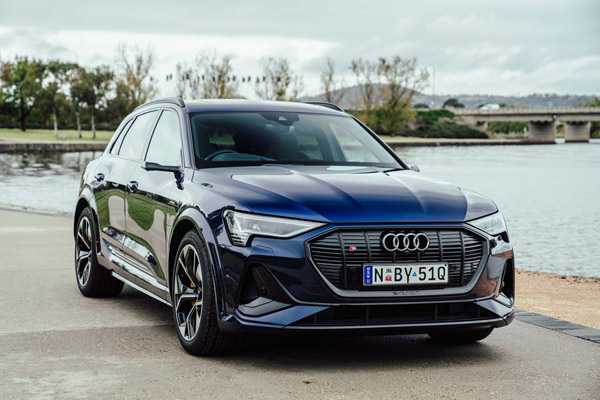
Audi e-Tron
“The good news for the federal government is that its initial policies are clearly
working, and demand is sky high. By introducing globally competitive standards we
can get the supply of EV options to match demand.”
Once again, the State of Electric Vehicles report assigns Australian governments a
score out of 10 depending on their policies regarding electric vehicle uptake across
all segments of vehicles.
ACT and NSW lead with a rating of 9/10, while the Northern Territory and Tasmania
lag with 4/10 ratings. Victoria receives a poor 5/10 rating due to the state
governments confusing signals to the market, especially the premature introduction
of an EV tax and its abrupt cancellation of incentives.
The Federal Government scores 7/10, recognising the creation of a National EV
policy, which had not occurred under the previous federal government.




